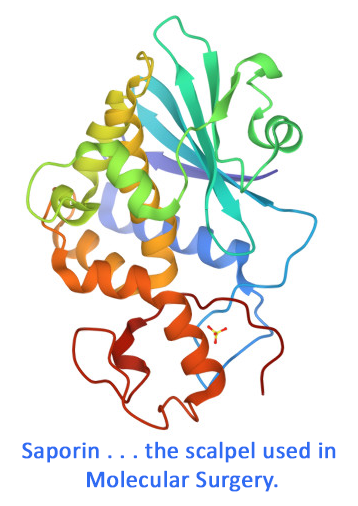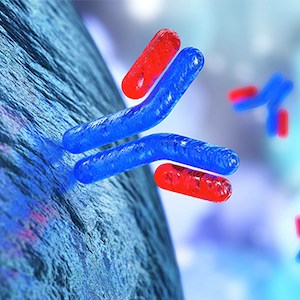The serotonin (5HT) transporter (5HTT, SERT) is the major determinant of serotonin inactivation following release at synapses, is the site of action for many tricyclic antidepressants and the SSRIs (serotonin-selective reuptake inhibitor), and is also targeted by a number of psychostimulants including cocaine, methylphenidate, and MDMA “ecstasy” SERT is produced from a single gene and is expressed in both the CNS and GI system. The serotonergic system is known to modulate mood, emotion, sleep and appetite and thus is implicated in the control of numerous behavioral and physiological functions. Decreased serotonergic neurotransmission has been proposed to play a key role in the etiology of depression. Recent findings suggest that SERT might be linked to both neurotic and sexual behavior as well as to obsessive-compulsive disorder (OCD). The concentration of synaptic serotonin is controlled directly by its reuptake into the pre-synaptic terminal and, thus, drugs blocking serotonin transport have been successfully used for the treatment of depression. SERT first binds a sodium ion, followed by serotonin, and then a chloride ion. The transporter then flips inside the cell, releasing serotonin. A potassium ion binds, and the transporter flips back out, ready to receive another serotonin molecule.
This antibody recognizes cells that express SERT in rat, human, and mouse. The immunogen is a peptide from the fourth extracellular domain of the rat SERT. This antibody was produced in tissue culture supernatants and purified by 50% (NH4)SO4 cut followed by protein A column chromatography.
Applications include immunocytochemistry, flow cytometry, and targeting.
SERT Products:
SERT Mouse Monoclonal (Cat. #AB-N40) | biotin-labeled (Cat. #AB-N40-BT) | Alexa488-labeled (Cat. #AB-N40-FLA)
keywords: SERT, serotonin transporter, 5HT, 5HTT, Anti-SERT, Anti-Serotonin Transporter, central nervous system, gastrointestinal system, brain, neuroscience



Reviews
There are no reviews yet.